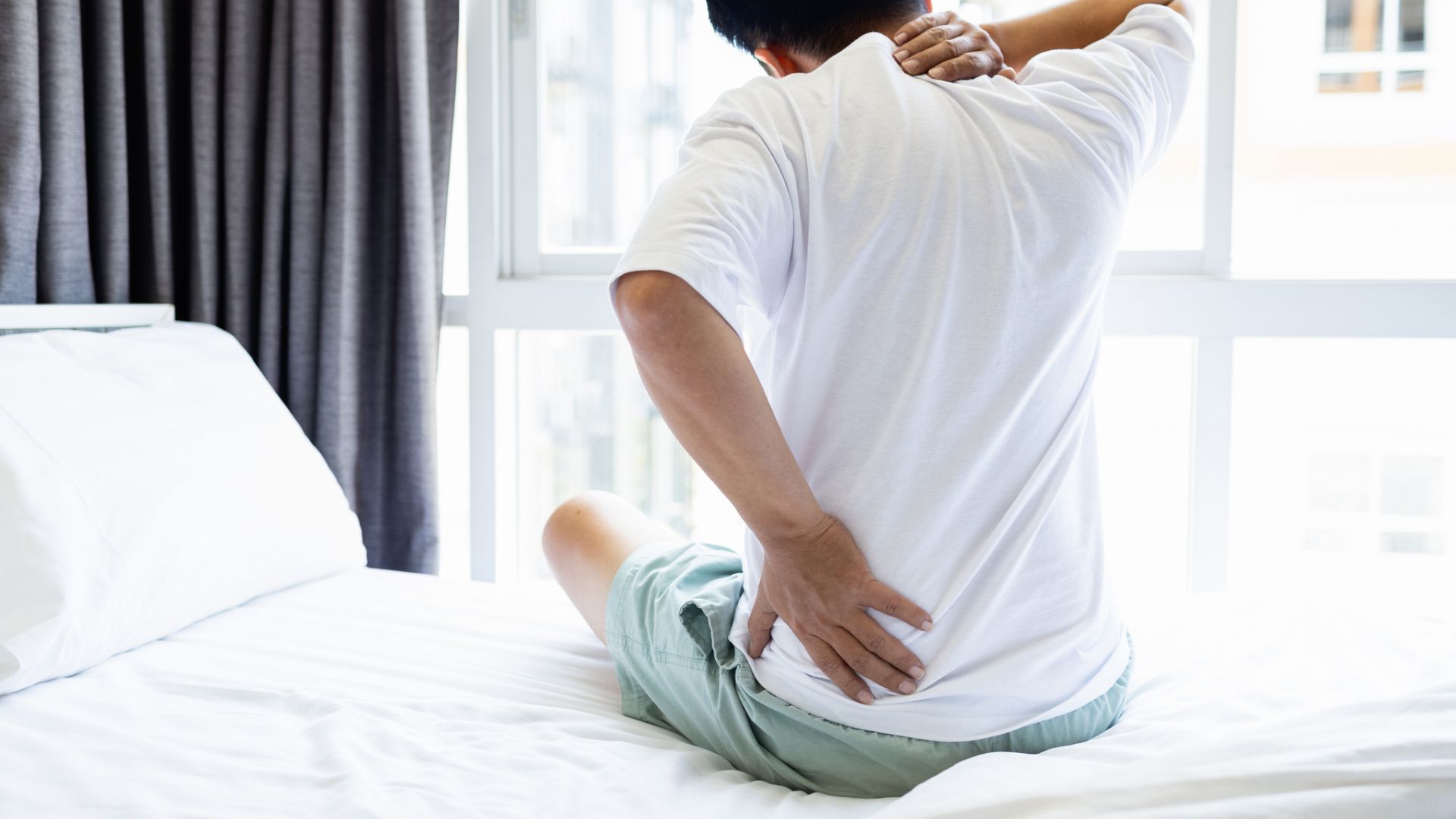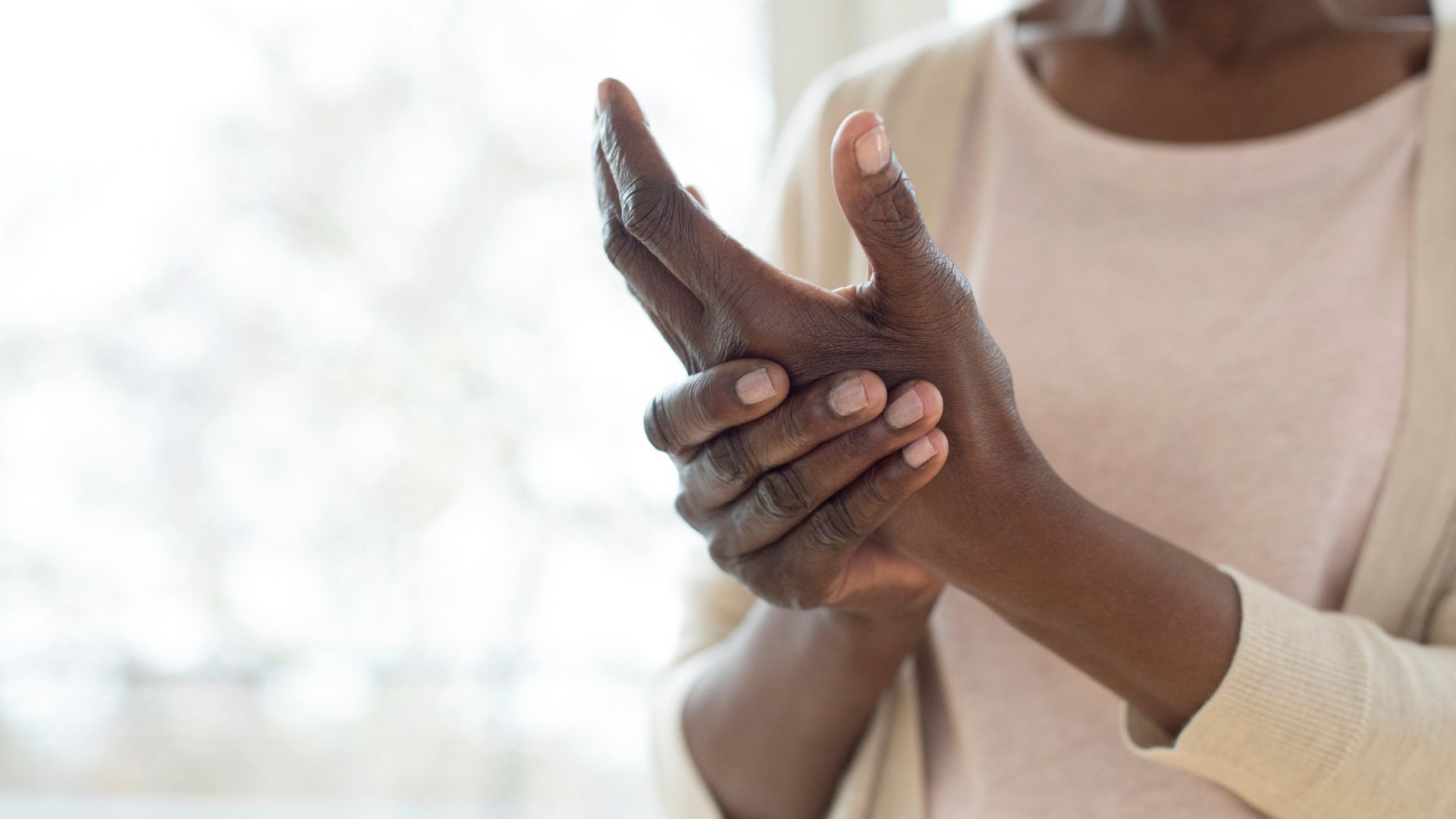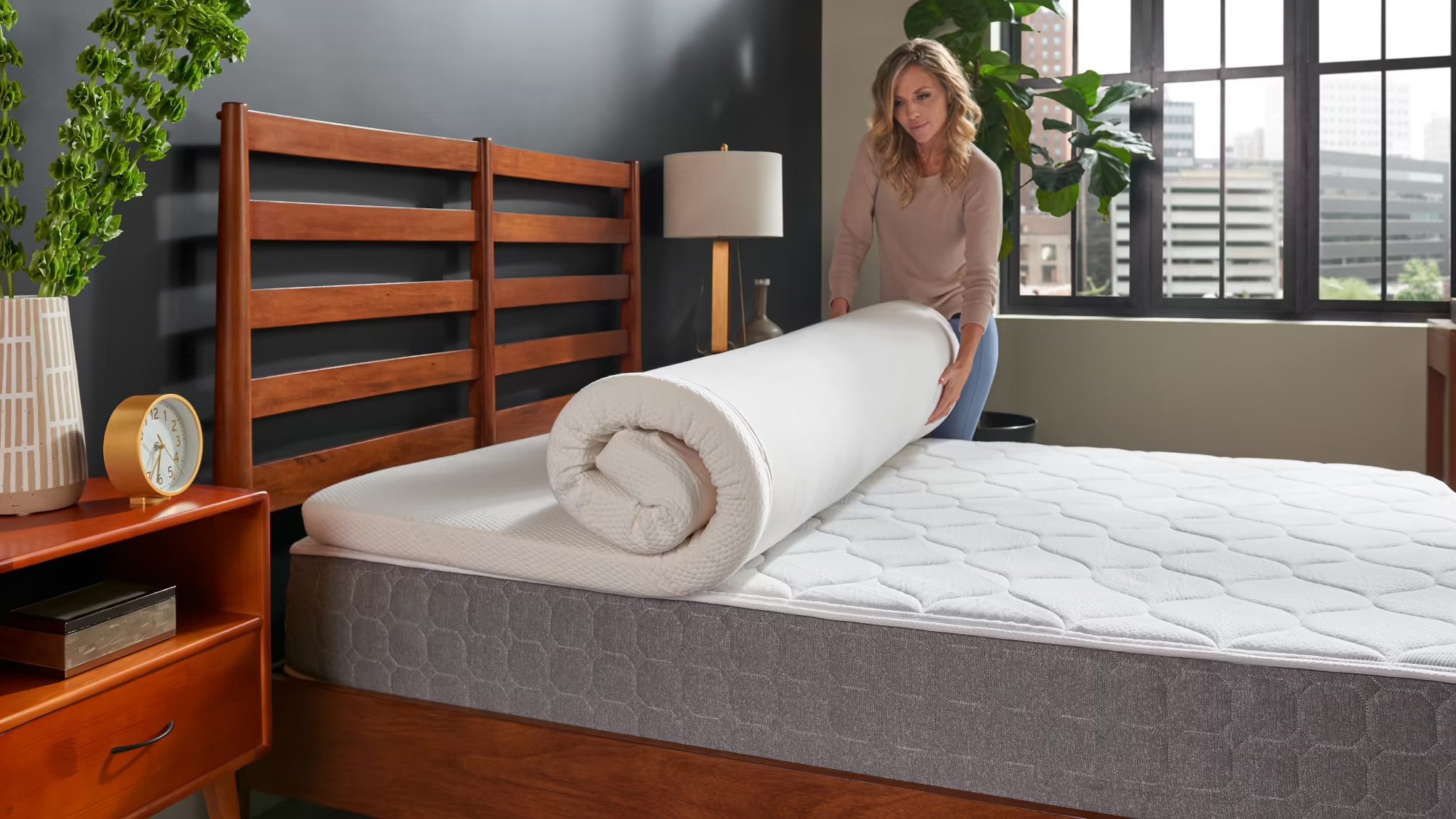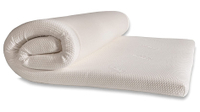5 signs your mattress is too firm, plus how to make it softer
Sign #1 — you’re waking up with hip pain

While the best firm mattresses remain a popular choice for back pain sufferers, heavier bodies, and back sleepers who crave the extra support, there is such a thing as a mattress that is too firm. Thankfully, there are telltale signs that your mattress is too firm, plus ways you can make it softer without having to replace it entirely.
Remember, the best mattress for you will be one that suits both your sleeping position, body type and sleep needs. Even the most luxurious mattress will be unsuitable for you if it doesn't meet all of those requirements.
Whether you’ve just bought your mattress or you’ve had it for a while, there are signs that your mattress could be too firm, which we’ll run through below. Plus, we’ll outline how you can make your too-firm mattress softer and more comfortable. Let’s get started.
5 signs your mattress is too firm
1. You're waking up with hip pain
Waking up with a dull, aching pain in your hip is a sure-fire sign that your mattress is too firm. While the best firm mattresses can help provide outstanding lumbar support for back pain sufferers, side sleepers require a certain amount of pressure relief to ensure that their shoulders, hips and knees are gently cushioned.
2. You experience tingling in your hands and feet

A numb or tingling feeling in your hands or feet could be a sign that your mattress is too firm. That is because as the pressure builds at the point of your body that meets the mattress — whether it’s your shoulders, hips, or knees — the nerves can become compressed. This compression of the nerves can result in a tingling ‘pins and needles’ sensation in your extremities.
3. You wake with neck pain — but never used to
Like your hips, shoulders and knees, your neck is another pressure point that pays the price of a mattress that is too firm. If you wake with a stiff or painful neck - but never used to - your mattress is likely to blame. A sore neck is a sign that it resting out of alignment with the spine, indicating that your mattress isn't the right firmness for you.
4. You wake up feeling tired

Whether it's because it's taking you longer to fall asleep, or you're waking up throughout the night in order to shift positions in a bid to get comfortable, but waking up feeling tired and unrested is another indication that your mattress is too firm. A mattress that is suited to your body type and sleep needs will lull you into a deep, restorative slumber.
Sign up to get the BEST of Tom's Guide direct to your inbox.
Get instant access to breaking news, the hottest reviews, great deals and helpful tips.
5. You struggle to get comfortable
Struggling to find a comfortable sleeping position is a strong sign that your mattress is wrong for you. If you're a natural side sleeper but are attempting to sleep on your back to stave off hip, neck and shoulder pain, it's likely that your mattress is too firm. Instead, the best mattress for side sleepers is one that will cradle you in the sleep position you find most comfortable, providing plenty of cushioning around the touch points of the mattress.
How to make your firm mattress softer
If your mattress is relatively new (but outside of the sleep trial period), adding a mattress topper is an excellent way to make your firm mattress softer. The best mattress toppers can provide additional cooling, comfort and plushness to your existing mattress.

Like mattresses, mattress toppers come in array of different materials, including latex, memory foam and wool. In order to provide the sink-in cushioning support that your current mattress is lacking, we would recommend a memory foam or feather mattress topper with a depth of at least 3 inches.
However, if your mattress is in the region of 5-7 years old, you might be better off replacing it. Look for the seven key signs that your mattress needs to be replaced, if you're unsure.
Tempur-Adapt Topper: Was from $319 now from $191.40 at Tempur-Pedic
If you're looking to add some plushness to your current too-firm mattress, this Tempur topper will do the job. It contains three inches of NASA-developed Tempur foam, with provides instant luxurious cushioning. It's not cheap, but it's still a fraction of the price of a new mattress. This 40% discount courtesy of this month's Tempur-Pedic mattress sales is excellent, with the price of a queen down to $251 (was $419).
Who is a firm mattress best for?
Lighter weight and side sleepers are best suited to a soft of medium firm mattress, which provide blissful, plush pressure relief across the shoulders, hips and knees. In contrast, back, stomach sleepers and heavier weight people usually find the most relief from one of the best firm mattresses.
Those who predominantly sleep on their backs or stomachs require the rigidity of a firm mattress to ensure that their spines are kept in correct alignment. Meanwhile, those who weigh over 250 lbs will find that a firm mattress distributes their weight evenly, while keeping them supported on the top of the mattress, instead of sinking through the supportive layers.
If you're unsure which mattress firmness is best for you, take a look at our guide on how to choose the best mattress for you.

Nicola is the Sleep Editor at Tom’s Guide, where she helps steer the mattress and sleep content published on Tom’s Guide, including our Best Mattress for Back Pain buying guide. With a career in journalism spanning the best part of two decades, Nicola brings experience to the team and the knowledge of what makes a great article, whether that’s a how-to mattress cleaning feature, a deep dive into melatonin gummies, or an in-depth mattress review. As a sleep editor, few better understand how important a decent mattress is to the overall quality of our sleep, and precisely how our sleep impacts our physical and mental health. As well as tackling the vast topic of sleep, Nicola joins the raft of expert mattress specialists at Tom’s Guide, who test and compare a wide range of mattresses in order to guide readers towards the very best options on the market.

